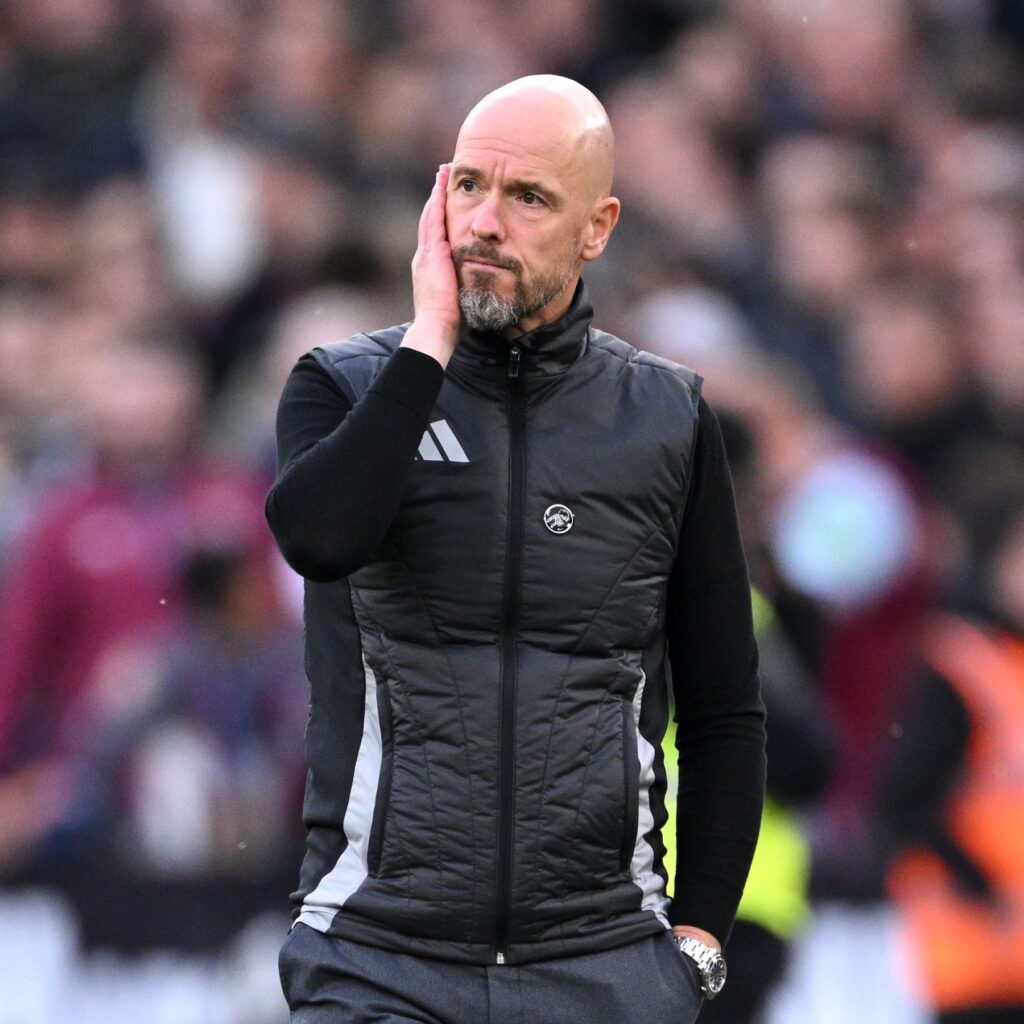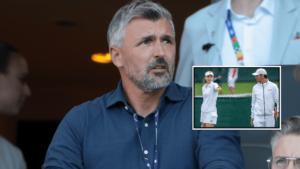
Point of view: “Embarrassing Defeat” Manchester united trauma continues after letting the loss at vitality stadium, the fault was not from Ten Hag!
Manchester United’s season hit yet another low point with an embarrassing defeat at the Vitality Stadium, leaving fans questioning the trajectory of one of football’s most iconic clubs.
The loss to Bournemouth was not just another setback; it was a performance riddled with missed opportunities, defensive lapses, and an apparent lack of cohesion.
However, amidst the sea of criticism, it’s important to clarify that this defeat cannot solely be attributed to manager Erik ten Hag. The Dutchman may have his share of challenges, but the deeper issues lie within the players’ execution, structural weaknesses, and long-standing systemic problems that have plagued the club for years.
A Disheartening Performance
The 3-1 loss to Bournemouth at Vitality Stadium encapsulated the worst of Manchester United this season. Despite entering the game as favorites, United failed to impose themselves against a team they should have dominated on paper. Their lack of intensity, precision, and composure in crucial moments painted a picture of a team devoid of confidence and unity.
United’s defensive frailties were exposed once again. The backline, often porous this season, struggled against Bournemouth’s counter-attacking style. The midfield, too, failed to provide adequate cover, leaving gaping holes that the Cherries exploited. In attack, United squandered golden opportunities, a recurring theme that has cost them points throughout the campaign.
Is Ten Hag to Blame?
Whenever Manchester United suffers a defeat, the manager inevitably faces scrutiny. Erik ten Hag, in his second season at the helm, has not been immune to criticism. Questions about his tactical decisions, player selections, and in-game adjustments are valid, but they do not tell the whole story.
Ten Hag is a tactician who thrives on discipline and structure, but no system can succeed without players willing and able to execute it. Against Bournemouth, it was clear that many of United’s players fell short of the standards required to compete at the highest level. Basic errors, lapses in concentration, and a lack of leadership on the pitch were evident.
The manager can only do so much from the sidelines. If players fail to capitalize on chances, lose individual battles, or misplace simple passes, the responsibility lies with them.
Ten Hag’s post-match comments highlighted his frustration, not with the system, but with the team’s inability to deliver under pressure.
The Players’ Accountability
The defeat at Vitality Stadium was a stark reminder of the inconsistency that has plagued Manchester United’s squad for years. While there is undeniable talent within the team, there is also a worrying lack of mental toughness and accountability.
Several players have failed to step up when it matters most. High-profile signings, touted as game-changers, have struggled to deliver consistently.
The midfield, for instance, lacks a true enforcer capable of breaking up play and dictating tempo, leaving the team vulnerable in transitions. The defense, often shaky and disorganized, has been exposed time and again by teams willing to press aggressively.
Moreover, the absence of a clinical striker continues to haunt United. The failure to convert chances against Bournemouth was not an isolated incident; it has been a recurring issue throughout the season.
While Marcus Rashford, Bruno Fernandes, and others have had moments of brilliance, the lack of a reliable goal-scoring focal point has cost the team dearly.
Long-Term Systemic Issues
While the players and manager must share some responsibility for this defeat, the deeper problems stem from systemic issues at Manchester United.
The club’s struggles are not new; they are the result of years of mismanagement, poor recruitment, and an unstable environment.
United’s transfer policy, for instance, has often been reactive rather than proactive. Big-money signings






